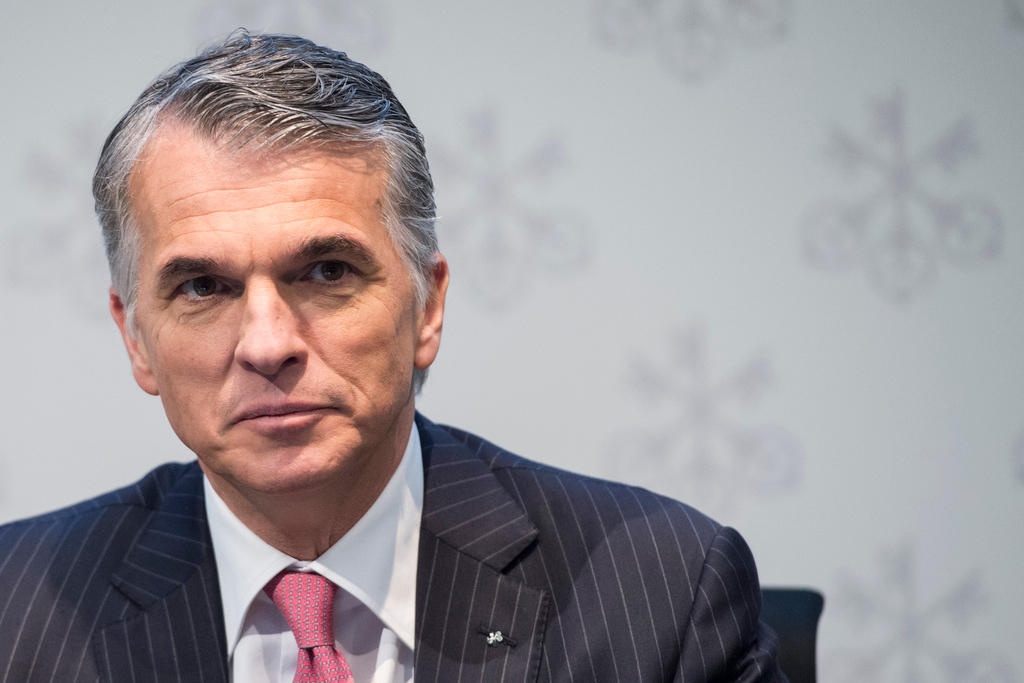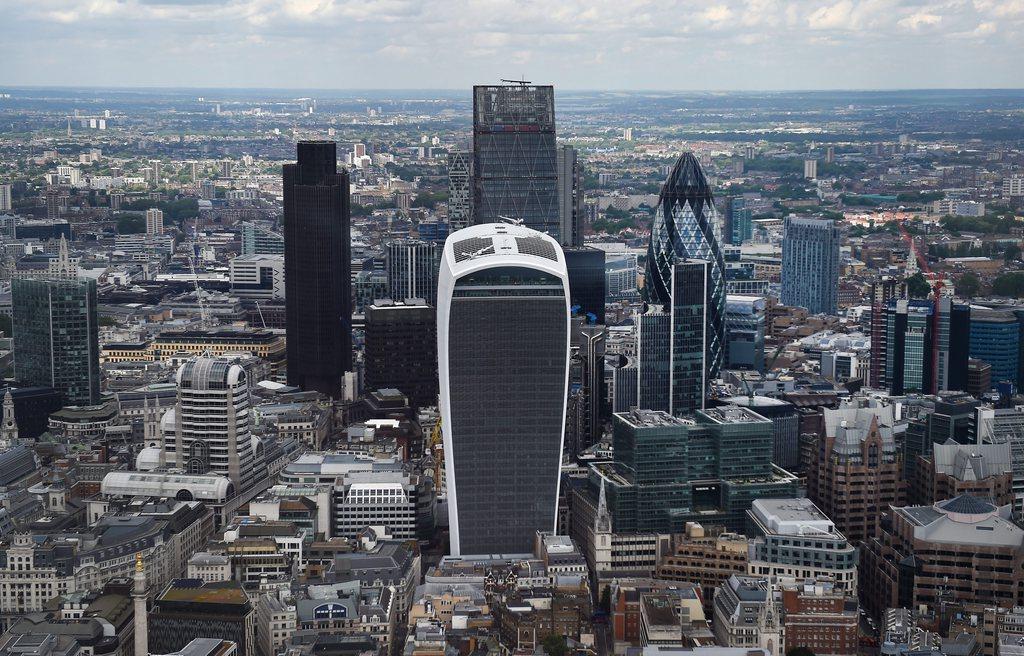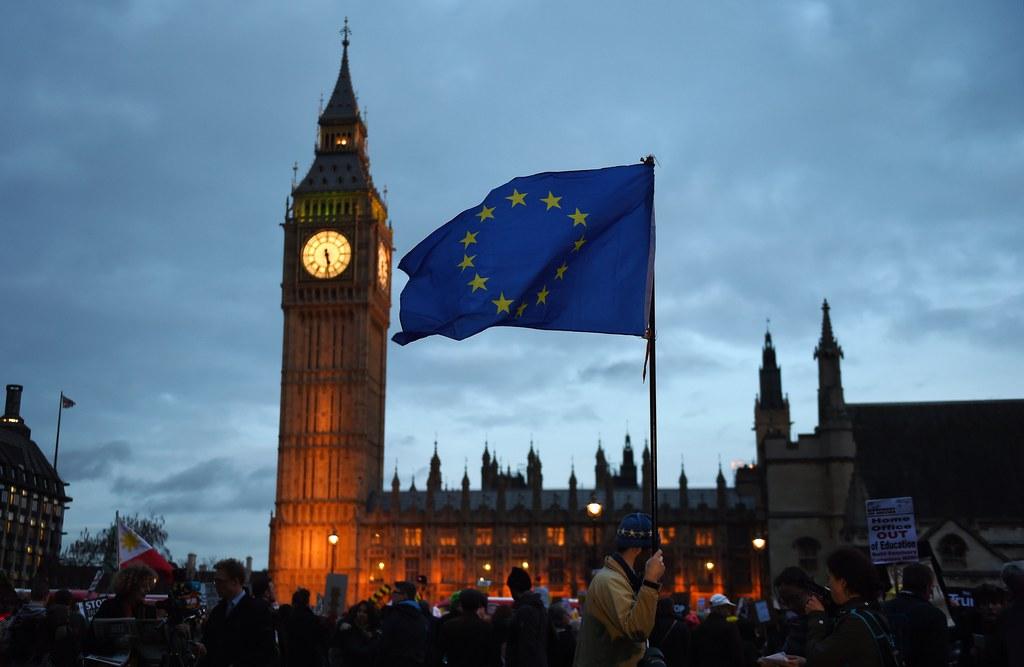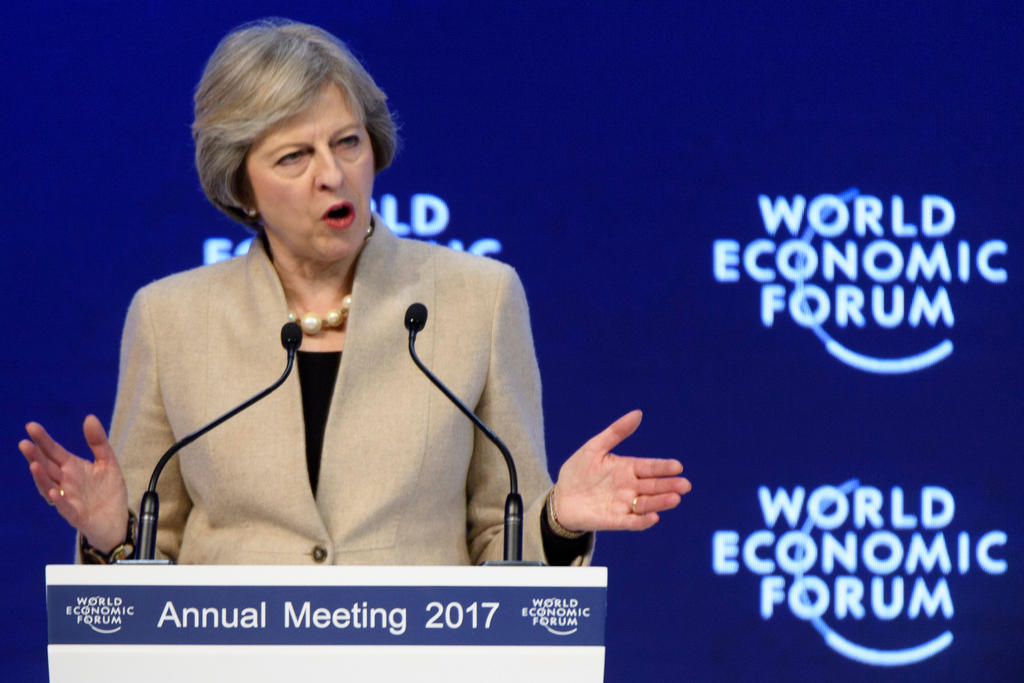Don’t be taken in by UBS’s new-found Brexit optimism

On Friday, as he presented upbeat third-quarter results, UBS’s chief executive Sergio Ermotti also sounded cheery about Brexit. It was now becoming “more and more unlikely”, he said, that the Swiss group – one of the biggest investment banks in the City of London – would put into practice its original Brexit plan to move 1,000 of its 5,000 UK staff to the EU27. Over the weekend it emerged that barely 250 of those jobs are set to go.
Brexiters have always rubbished doomsday predictions that more than 70,000 of the City’s half a million roles in financial and related roles could leave as a result of the UK exiting the EU.
So is UBS’s changed stance an admission that original estimates were overblown? Or does the bank’s new-found optimism, and its explanation of “regulatory and political clarifications”, reflect a genuinely brighter outlook?

More
Financial Times
External linkThe truth is that despite the apparent stalemate in UK-EU talks, there have been two crucial developments in recent weeks. First, thanks to prime minister Theresa May’s conciliatory Florence speech last month, it is now a common assumption in the City and elsewhere that there will be a “standstill transition period” of at least two years beyond the formal Brexit enactment date. This removes the March 2019 “cliff-edge” – and with it the need for swift and dramatic restructurings.
Second, it seems that UBS, like other City peers, has been reassured by EU regulators that they will not take a hard line on requiring traders and risk managers to be located on the ground in EU markets. The reason? “Back-to-back trading” will be allowed, at least for an initial period.
This practice might sound like something schoolchildren would do with their sweets at playtime. But back-to-back is a serious, if abstruse, business practice. It has long been a crucial mechanism for the build-up of the City’s status as a global financial centre.
It is why big US banks such as Citigroup and Goldman Sachs have been able to book vast chunks of their global operations (business actually done in Africa, Asia and Latin America) via UK subsidiaries.
Back-to-back
In simple terms, back-to-back means that transactions done on the ground for a client in Thailand or Tobago, for example, can be replicated through a matching trade in the UK unit. The draw for the banks is efficiency. By shifting the risk to a single UK balance sheet, they centralise the bulk of capital needs, risk management and staffing in one location.
Until now, the back-to-back tactic has not been necessary for European business, given the UK’s membership in the EU. But post-Brexit, it could become a key way of preserving something like the current set-up, without requiring the duplication of capital and roles, or shifting staff unnecessarily. The question, though, is how permanent such a set-up would be. And that, of course, will depend on political negotiations.
The widespread hope in the City is that its blueprint for a financial services free trade deal with the EU – floated by former City minister Mark Hoban a few months ago – will first be adopted as UK policy, and then agreed by the EU27.
If that were to happen, it would create a system of mutual market access and mutual recognition of regulation, which could all but preserve the status quo, potentially making back-to-back transactions unnecessary. A less perfect alternative would call for mutual regulatory recognition and a long-term framework for back-to-back transactions.
The potential snags, though, are twofold. First, policymakers will need to be convinced that the back-to-back system is not open to abuse. In January, Deutsche Bank agreed to pay US and UK regulators $630 million (CHF628 million) to settle a probe into alleged mirror trades used to launder $10 billion out of Russia. Mirror trades are a form of back-to-back transaction designed to launder money from one country to another.
Even more challenging, political leaders in countries that sense a competitive opportunity from Brexit will need to be convinced not to design policy that forces mass staff moves. Duplication of jobs and capital would make banks less efficient and raise the cost of banking services for European clients. And hopes of winning US banks’ global back-to-back business are overdone – that is more likely to shift to New York than to Frankfurt or Paris.
On the current evidence, the banks-and-Brexit optimism spurred by UBS’s latest pronouncement might be perfectly justified. But Europe is still capable of shooting itself in the foot.
(c) 2017 The Financial Times Limited

In compliance with the JTI standards
More: SWI swissinfo.ch certified by the Journalism Trust Initiative




You can find an overview of ongoing debates with our journalists here. Please join us!
If you want to start a conversation about a topic raised in this article or want to report factual errors, email us at english@swissinfo.ch.